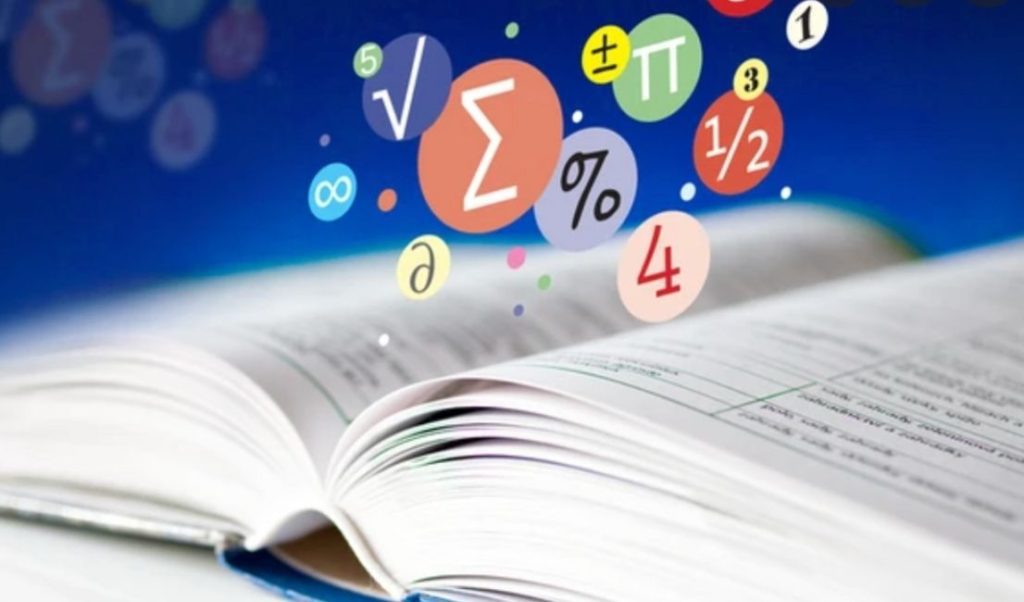How to do well in Math (O Levels and A Levels)
Table of Contents
Toggle
how to do well in math
Math is almost deemed a necessity in every Singaporean student’s academic journey. Now we learn about how to do well in Math, Just check the prerequisites of courses into polytechnics or local universities: they almost always state a satisfactory grade in Mathematics as a prerequisite for any course.
Performing well for Math is of key importance as you move forward to higher education, and there’s just simply no escaping it- regardless if you’re in primary school, secondary school or doing JC math in the future in Junior Colleges.
Hence, in this article you may find some advice on how to do well for either the O Levels or A Levels, with the help of math group tuition instead of from school teachers, moe teachers with a completely different teaching style. I have strategically divided the specific advice for each checkpoint of learning, as tackling a topic in the beginning might be different from how you might practise it after learning it the first time after the help of math tutors from math tuition centres.

In the beginning
Your first few introductory lessons into the topic provides the foundation for how you will do when you start engaging in the questions yourself. At this point, there’s not as much you can do as a student since the onus is on your teacher to provide you with the effective knowledge you need to move forward.
If you’re lucky enough, you might have a math teacher with many years of experience in school that has an extensive understanding of the subject and is able to teach different level maths according to the moe syllabus, and is able to effectively express themselves and explain the content thoroughly to improve your learning experiences. However, we know that is not always the case for many students.
As a former JC student, I witnessed my H2 peers lament about the math department’s ineffectual teaching. Their teachers would either lack good explanation skills, a teaching charisma, or there was just not simply enough time to cover the bevy of content there was. Learning was difficult for them, and they would then turn to H2 Maths tuition.
Seeking out extra help in the form of maths tuition can be a good choice if you truly find yourself falling behind, or are just plain unsatisfied with your current grades. Just be meticulous and careful when deciding on a tuition teacher! You can read about how to find the most suitable tuition teacher in our article here

Retaining the knowledge
Once you’ve passed the point of introductions, the ball is now your court to move forward and bring home the gold.

Practice continuously, but don’t over do it.
At Sophia Education, we recommend that a healthy duration for studying is between 40 minutes to one hour. Within a single study session, you want to aim to do a maximum of 10 questions.
Spending long hours a day on a whole slew of math questions is not productive as you might think, and it might cause you to burnout and lose motivation before you even sit for your examinations. Pace yourself accordingly and slowly build up your studying stamina, especially if you have just begun attempting the questions.

Save the questions for your consultations
When starting out with a topic, you might not be fully versed in how to traverse the different question types. Getting stuck at certain difficult questions is frustrating, but it is an inevitability nonetheless.
When this happens, do not dwell for too long on the question or spend hours trying to get around it. Highlight it and save it for your consultations with your tutors in tuition classes. Overworking yourself on a question you just don’t know how to do will demoralise you, and make you fearful of the experience with the topic or question.
So rule of thumb: Move forward, and seek help later on.

Record down your mistakes
Keep track of your common mistakes and misconceptions throughout your practice sessions with math problems. Grab a notebook and write down each big question you’ve struggled with, highlighting where you went wrong and why you went wrong.
Doing so makes you more accountable with your learning, forcing you to think critically about the questions instead of simply copying down the correct answers shown in class. By reflecting and getting down to the root cause of the misconception, be it gaps in theory, using the wrong formula or careless mistakes, both the student and tutor can work in tandem to solve it.

Revision Time Before the Big Exam
This is your final lap before the daunting examinations to come, and arguably the most important. You want to ensure you have an effective and productive study plan before you get right down to it.
A key thing to remember is to avoid over-revision (as I mentioned earlier). Do one to two prelim papers a week, taking the time throughout that week to pinpoint the questions you struggle with and build upon where you went wrong. Arguably, 20 papers worth of prelim papers is enough before you head off for your proper prelim papers.
After the prelims, you can then start proper on your yearly TYS practices, focusing more on building exam stamina and refining the smaller pitfalls in your understanding.


